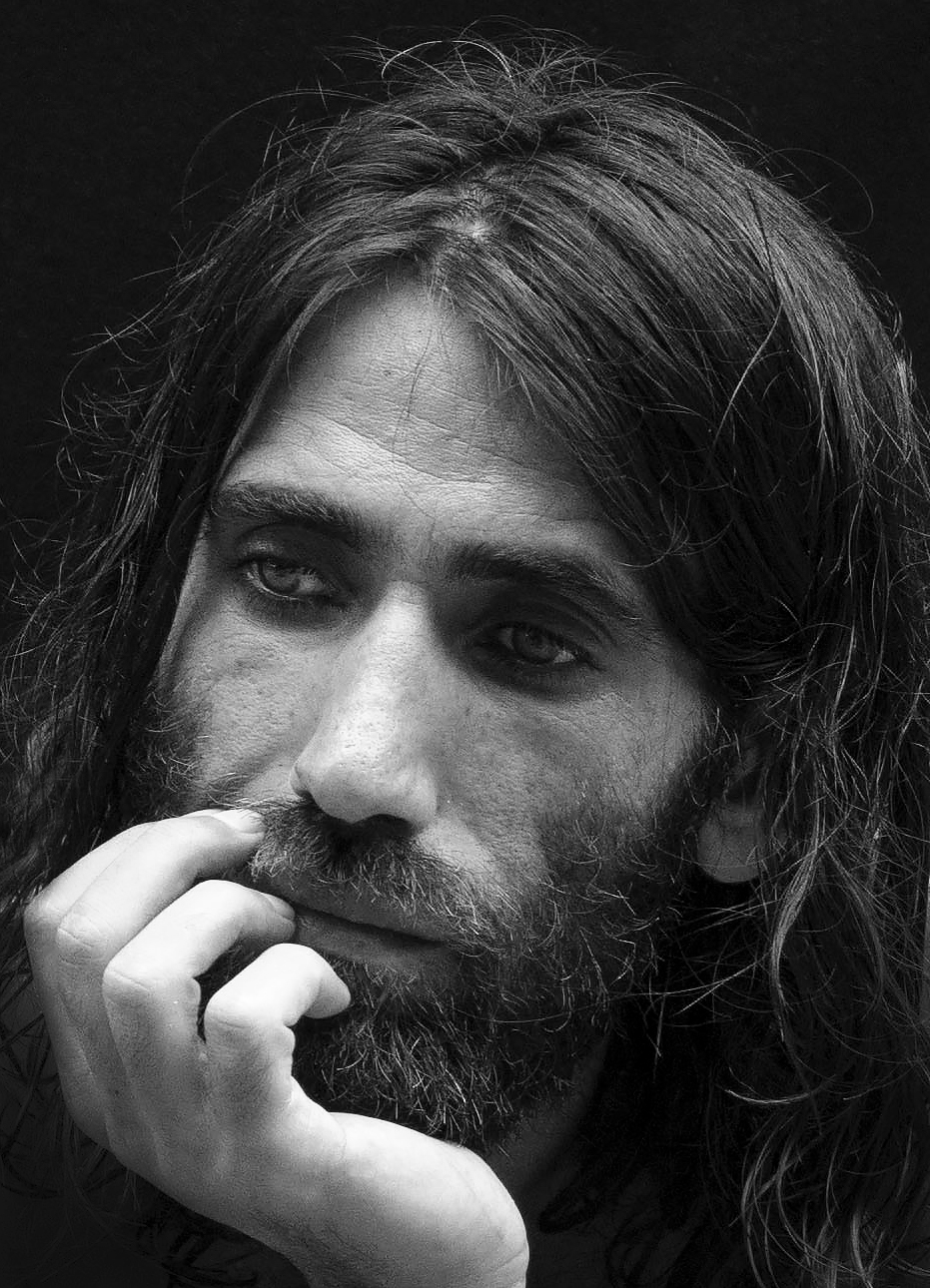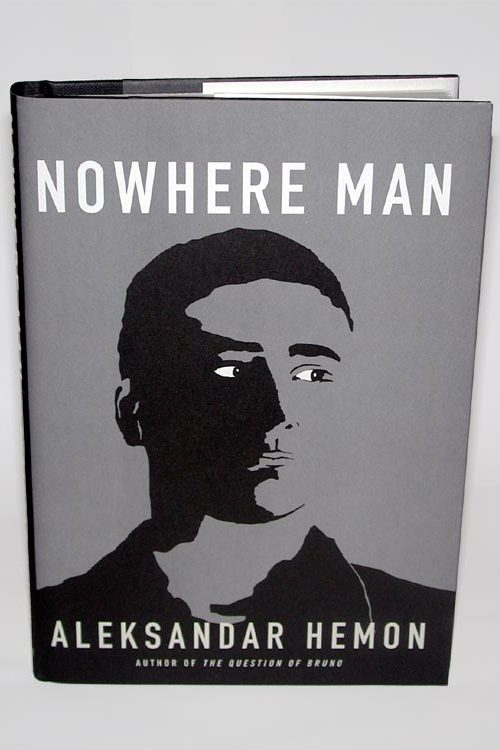Published for Refugee Week 2020 as part of the PopChange Library of New Narratives — a curated collection from popular culture offering new perspectives on migration and displacement.
//
From a comedy about a childhood in wartime to a memoir smuggled from Manus Island on a phone, author Dina Nayeri selects the best books about asylum.
The refugee story doesn’t end at asylum and safety, the moment when many readers look away. It is an endless battle with pride, shame, identity and especially language. I can’t imagine a worse way to begin it than as a teenage girl.
Lost in Translation – Eva Hoffman
No memoir captures my own post-asylum years like Eva Hoffman’s 1989 account of adolescence as a clever but foreign girl (a child of Holocaust survivors relocating to Canada) with no money and a heap of desires. Lost in Translation was published the year I arrived in the US from Iran (via Dubai and Italy), in a way similar to Hoffman: a child with no choice, old enough to struggle with English, habits, shame. I could have used the book then. I didn’t discover it until I was at college, but its truth stung me again and again until I was numb, and delirious with the joy of being understood – not by just any immigrant girl, but by a Harvard graduate, and a former editor of the New York Times Book Review. (find it online)
Jokes for the Gunmen – Mazen Maarouf
Every refugee has escaped from something, often unthinkable. Among ourselves, exiles know the best way to tell stories is with comedy. Mazen Maarouf’s Jokes for the Gunmen is a hilarious and bizarre portrait of childhood in wartime. These tales show the strangeness of the world through young eyes, and given their indistinct sense of place, they evoke many childhoods and many funny families (including mine). Maarouf’s power comes from knowing that humans will persist in their absurdity even to the point of death. (find it online)
The Road Before Me Weeps – Nick Thorpe
For a rigorous journalistic understanding of today’s primary migrant route into Europe (through the western Balkans), I recommend BBC correspondent Nick Thorpe’s The Road Before Me Weeps. It is an intimate, heartbreaking account of daily life in transit, in this particular social and political context, and of the many ways these families are rejected and exploited along the way. I was blown away by how much this man saw – things that have taken me 30 years of reflection to be willing to talk about. (find it online)
Nowhere Man – Aleksandar Hemon
One of the most infuriating distinctions made in today’s refugee debate is between refugees and economic migrants, who are often young men depicted as opportunists. In his novel Nowhere Man, Aleksandar Hemon dares to give the unpalatable immigrant boy a place. Here is Jozef, who arrived in Chicago before the siege of Sarajevo and must now watch his home turn to ruins, without even the designation of refugee as shelter. “I am complicated,” he says, as he struggles with a new identity thrust upon him by fate. (find it online)

Behrouz Boochani wrote his memoir of incarceration on Manus Island on a mobile phone. Image by Hoda Afshar (Creative Commons CC BY-SA 4.0)

The Journey Back from Hell – Anton Gill
The displacement narrative must naturally end with the gaze falling back on to home, and with the futility of return, the condition of permanent psychic exile. Anton Gill’s The Journey Back from Hell is a powerful collection of oral testimonies from survivors of the Holocaust, a symphony of old trauma and grief, and a complex depiction of the impossibility of going back. (find it online)
No Friend But the Mountains – Behrouz Boochani
Literature is a means of calling out to others to share our truest stories. Lately, I have my eyes on No Friend But the Mountains, Behrouz Boochani’s memoir of his flight and incarceration on Manus Island, which he wrote on a phone and smuggled out of the prison. Boochani is still confined, his past out of reach, his future unknowable. I send him solidarity from this side of our intersecting saga. And a warning from Rilke: “Beware, o wanderer, the road is walking too.” (find it online)
This article first appeared in The Guardian, 30 September 2019, and was reprinted with kind permission. Read the original article.
//
PopChange recommends Dina Nayeri‘s The Ungrateful Refugee, an intimate weaving of stories from her own experience as a refugee with those of asylum seekers she meets across Europe. The Guardian reviewed it as “a powerful message about the need for such stories in a world that is suffering a collective failure of the sympathetic imagination…”






